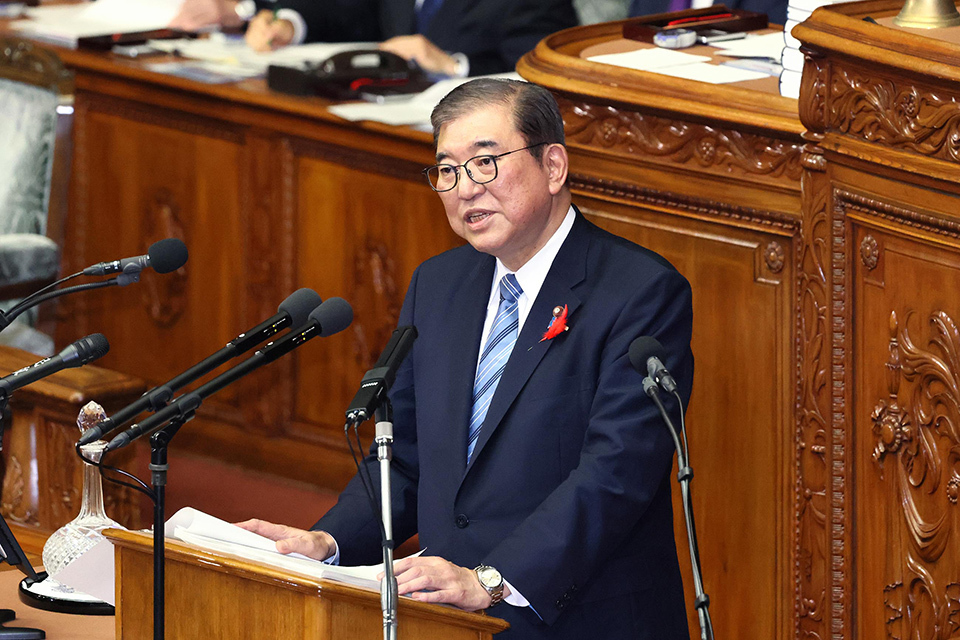
This Everyday Object Is Now a Political Statement
Josh Shear – It sits on your desk. You carry it in your bag. You probably used it this morning without thinking twice. But in 2025, this once-innocent item has quietly transformed into something far more loaded a subtle but powerful political statement.
Yes, an everyday object is now a political signal, whether you realize it or not. In a world where every choice is analyzed, filtered, and shared, even your reusable coffee mug or smartphone case might be saying more about your beliefs than your last tweet. What changed? And why are ordinary items suddenly front and center in today’s culture wars?
Welcome to the era of symbolic consumption, where lifestyle choices have morphed into political affiliations and your coffee cup might just say how you vote.
The shift didn’t happen overnight. Years ago, what brand of sneaker you wore or what phone case you carried was a matter of utility or style. But in the age of hyper-personal branding, every consumer decision carries cultural weight.
Take something as simple as a tote bag. Ten years ago, it was just a bag. Today, the slogans on it climate change awareness, feminist messaging, or even a bookstore logo immediately register with people as political cues.
And it works both ways. A camouflage-printed trucker hat can just as quickly signal conservative pride as a rainbow wristband might evoke progressive solidarity. The object itself hasn’t changed but what it means has.
In late 2024, a viral video emerged showing a college student being challenged for using a phone case featuring a thin blue line flag a symbol originally meant to support police but now steeped in political controversy. What followed wasn’t just outrage it was a full-on ideological skirmish in the comments section.
What’s fascinating is that the phone case wasn’t a speech. It wasn’t a protest sign. It was just there. And yet, it spoke volumes. That’s where we are now. Our everyday accessories have become silent messengers of what we stand for, or what others think we stand for.
Read More: Billionaires Are Quietly Moving Their Money to This Asset Class
Companies have leaned into this phenomenon, not just responding to the politicization of objects, but actively fueling it. When Nike supported Colin Kaepernick, its products instantly became protest gear to some and betrayal to others. When Yeti coolers ended a discount program with the NRA, the brand got dragged into a heated debate it never intended to host.
Even home goods—like what type of paper towels you buy have made headlines. In polarized America, the brands you support are seen as the beliefs you hold, regardless of context or nuance.
This isn’t just a novelty or the latest Twitter outrage. It speaks to something deeper: the collapse of shared cultural space. When even a coffee mug or T-shirt becomes a marker of “us vs them,” we lose the neutral zones where genuine connection can happen.
It also reveals how much we’ve internalized the need to signal our values constantly. We live in a world where silence or neutrality is often interpreted as complicity. So, we wear our causes on our sleeves. Literally.
But what’s the cost?
The politicization of everyday items taps into the most human of impulses: tribalism. We want to belong. We want to be understood. And in a society where community is increasingly online and fragmented, visual signals become our shorthand for identity.
The problem arises when those symbols replace dialogue. When we stop asking questions and instead assume everything about a person based on the mug they’re holding or the sticker on their laptop, we flatten the complexity of human experience into slogans.
It’s ironic. The very objects that could start conversations now shut them down.
Of course not. This isn’t a call to abandon identity it’s a call to recognize nuance. The problem isn’t the object. It’s the overloading of that object with meaning that may or may not reflect the whole truth of a person.
Wear what you want. Use what you love. But know this: we’re living in a time where intention matters less than perception, and perception is shaped faster than ever.
Maybe the solution lies in creating space for both clarity and curiosity. A phone case might tell one story, but asking the person behind it might tell ten others.
Yes, an everyday object is now a political statement. But it doesn’t have to be the only one. In a world oversaturated with symbols, perhaps the real rebellion is to lean into complexity embracing objects for their practicality, their history, and sometimes, for what they don’t say.
And maybe, just maybe, we can start talking to each other again not just reacting to each other’s stuff
This website uses cookies.